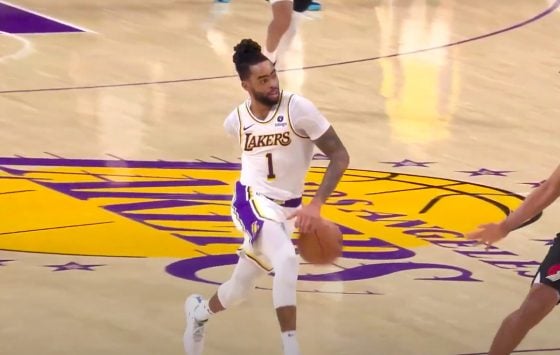(AP Photo/Chris Carlson)
Generally, we don’t hear about players needing to exercise their veto rights because conversations on trade participation happen behind the scenes. For example, when Kobe Bryant requested a trade from the Lakers in 2007, he reportedly vetoed a trade to the Pistons, but at the time it wasn’t confirmed. Instead, we heard more about his preferred destinations, such as the Chicago Bulls. Likewise, when Carmelo Anthony requested a trade from the Knicks in 2017, it was reported that he was willing to waive his no-trade clause for the Thunder, Rockets, and Cavaliers.
If a player has veto rights, teams may as well get approval from them before executing a trade involving them, instead of agreeing to a trade just to have the player go through the process of vetoing it. One notable instance of a player vetoing an agreed-upon trade was in 2008 when the Mavericks agreed to trade Devin Harris, Jerry Stackhouse, DeSagana Diop, Maurice Ager, Devean George, and two first-round picks for Jason Kidd and Malik Allen.
George had veto rights after re-signing with the Mavericks on a one-year deal, and subsequently vetoed the trade to accrue Early Bird rights at the end of the season. The Mavericks went on to acquire Kidd without including George in the trade.






